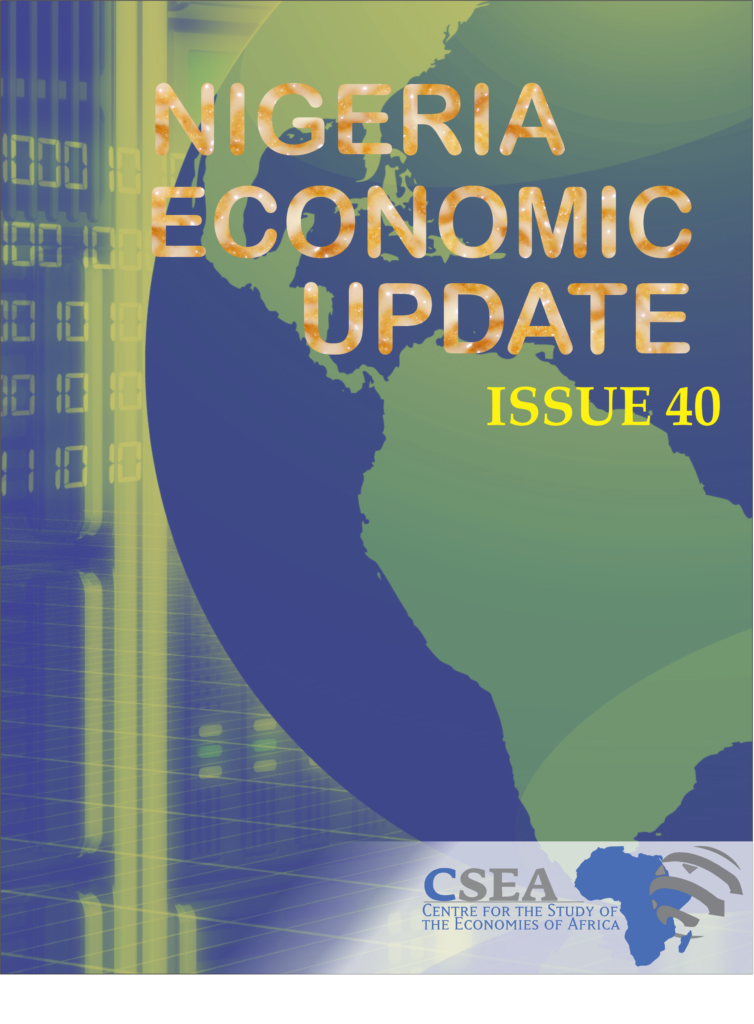The World Bank’s recent Africa Pulse publication reveals a revised 2018 growth rate forecast for Nigeria from the earlier projected 2.1 percent to 1.9 percent1 – representing a slight downward review. The revision was premised around what the institution termed “sluggish growth” amid rising debts, and a myriad of factors including declining oil production, disruptions in agricultural activities occasioned by the incessant herdsmen and farmers clashes, and effects of climate change. The contraction in the agricultural sector stalled crop production and dampened prospects of increased non-oil growth, all of which stunted economic recovery2. With the continued implementation of the Economic Recovery and Growth Plan (2017-2020), there are strong possibilities that the economy may benefit from revenue sources other than oil in the near future.
Macroeconomic Report & Economic Updates

October 17, 2018
Nigeria Economic Update (Issue 40)
The World Bank’s recent Africa Pulse publication reveals a revised 2018 growth rate forecast for Nigeria from the earlier projected 2.1 percent to 1.9 percent1 – representing a slight downward review. The revision was premised around what the institution termed “sluggish growth” amid rising debts, and a myriad of factors including declining oil production, disruptions […]
Read →
Related
FDI, FPI And Other Investments
FDI, FPI and other Investments: Portfolio investment has continued to fall rapidly since 2014, while FDI inflows remain subdued since 2010
Gross Federally Collected Revenue
Gross Federally Collected Revenue: Both oil and non-oil components of gross federal revenue fell below N40 billion in 2016, after recording a peak of N90 billion in 2013. The decline was most prominen
